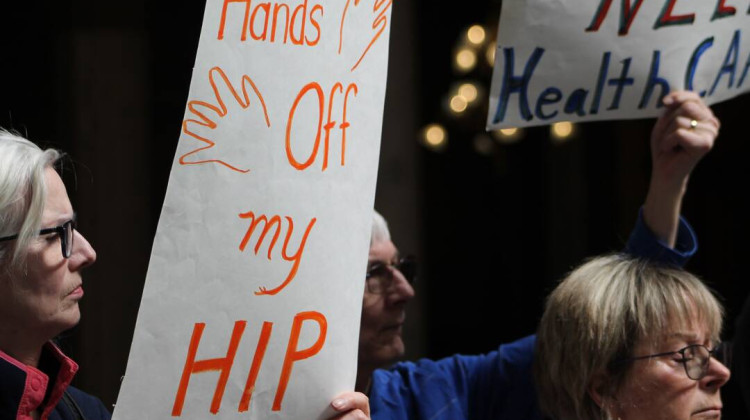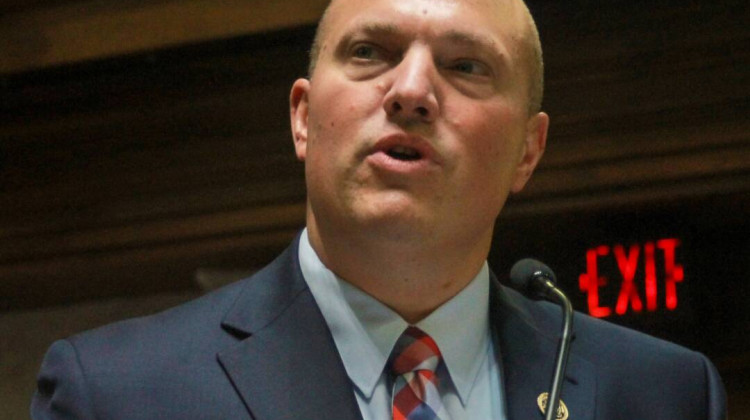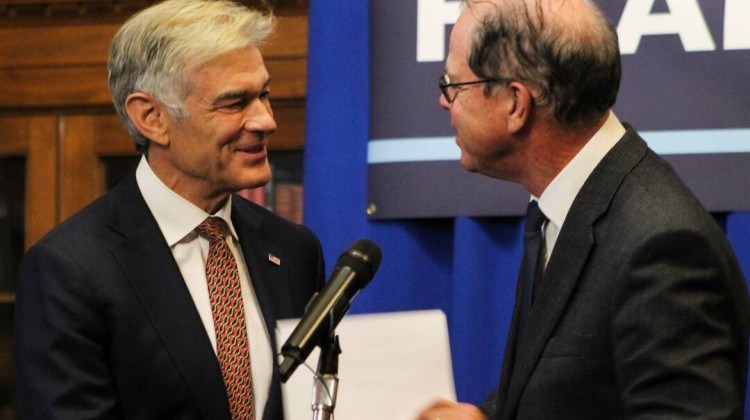
OptumServe sites in Indiana provided more than 541,000 free COVID-19 tests since May 2020.
Justin Hicks/IPB NewsIndiana is closing its OptumServe COVID-19 testing sites at the end of June. The sites, set up early in the pandemic, have provided more than 541,000 free tests since May of last year.
According to the state’s website, there are 31 remaining OptumServe sites across Indiana, which will close June 30. The Indiana Department of Health said it’s ending its contract with the private company because of a “robust community-led testing network” that’s now in place.
READ MORE: How Is Indiana Distributing COVID-19 Vaccines? Here's What You Need To Know
Join the conversation and sign up for the Indiana Two-Way. Text "Indiana" to 73224. Your comments and questions in response to our weekly text help us find the answers you need on COVID-19 and other statewide issues.
There will still be more than 250 COVID-19 testing sites statewide, with locations in almost every county. In a statement, State Health Commissioner Dr. Kris Box noted that demand for testing has significantly decreased.
The current average number of COVID-19 tests per day in Indiana is about 13,000. That’s down more than half since just one month ago.
Contact reporter Brandon at bsmith@ipbs.org or follow him on Twitter at @brandonjsmith5.
 DONATE
DONATE





 View More Articles
View More Articles

 Support WFYI. We can't do it without you.
Support WFYI. We can't do it without you.